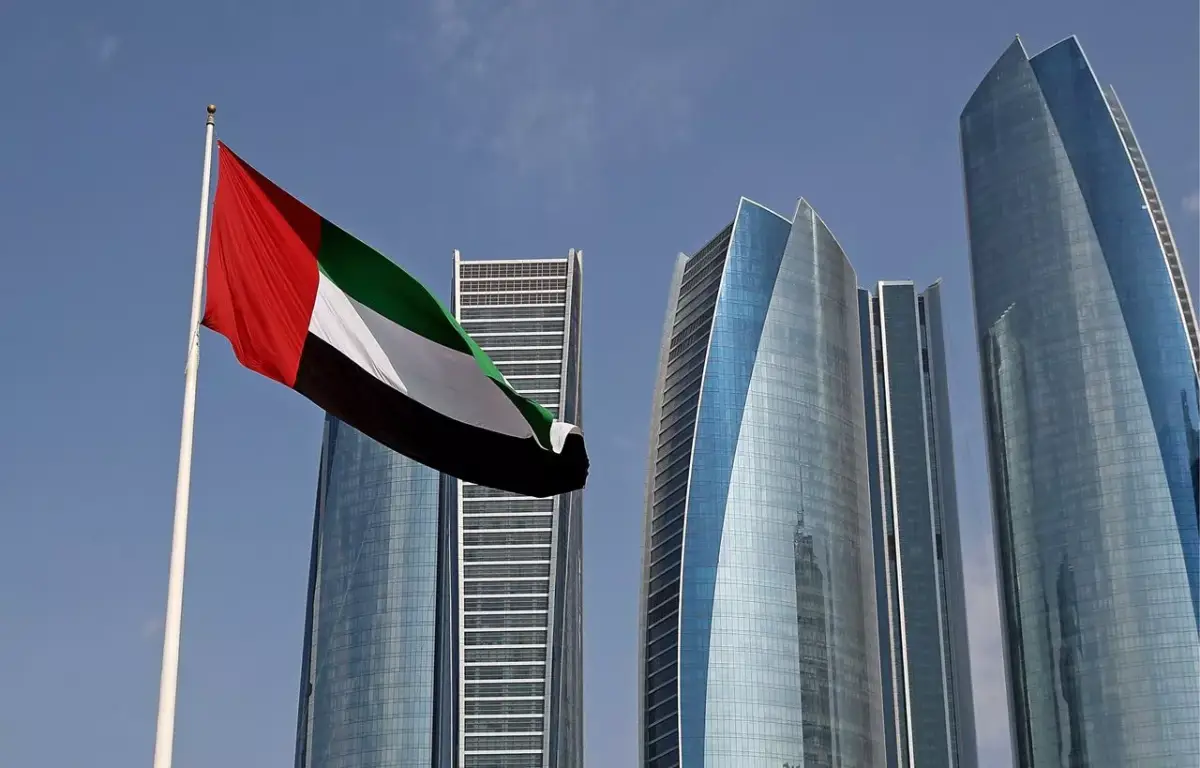UAE economic zones offer foreign investors benefits like 100% ownership, tax exemptions, and full profit repatriation. These zones support diverse activities, including manufacturing, services, and import-export, providing strategic advantages like state-of-the-art infrastructure and access to global markets. We will discuss UAE’s economic freedom, economic development, economic activities, economic problems, and Dubai’s economic system.
Unlock the massive potential in the UAE! Explore UAE Economic Zones in 2024 – Afdal business setup group , your guide to navigating business opportunities.
Table of Contents
Understanding UAE Economic Zones
The United Arab Emirates (UAE) Economic Zones are specially designated areas tailored to enhance economic activities by providing attractive incentives like tax breaks, streamlined legal processes, and superior infrastructure.
These zones aim to attract foreign direct investment in the UAE and stimulate economic diversification across various key sectors such as finance, technology, and manufacturing. The primary objectives of UAE Economic Zones include bolstering economic diversification to reduce dependency on oil, generating employment opportunities for both local and expatriate populations, and facilitating international trade through improved market access.
Also read it: Things you should know before company registration in Dubai
Each economic zone in the UAE is characterized by unique features designed to cater to specific industry needs:
- Free Zones promote full foreign ownership and exemption from corporate and export taxes and allow 100% repatriation of profits and capital, making them highly attractive for international business operations.
- Industrial Zones are geared toward manufacturing entities, offering benefits such as utility subsidies and access to raw materials.
- Financial Zones, including prominent centers like the Abu Dhabi Global Market, provide a clustered environment for financial services firms with perks such as a zero-tax regime and an independent regulatory authority.
Number of Free Zones by Emirates in the UAE
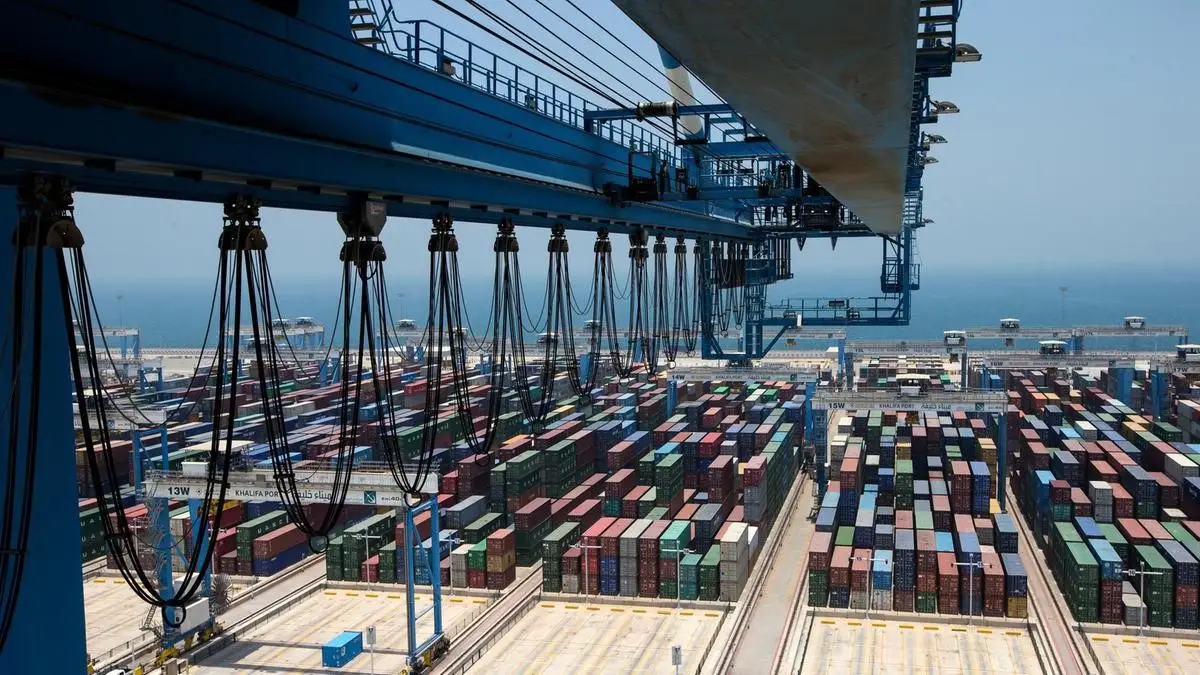
The UAE is renowned for its extensive free zone network, which was strategically established across its various emirates to optimize trade facilitation and enhance economic growth. Each free zone is designed to support specific business activities, providing tailored incentives that align with the UAE’s broader economic goals.
Here is a detailed overview of the free zones distributed across the Emirates. How many free zones are in the UAE?
- Dubai has 25 free zones, some of which include the Dubai Airport Free Zone (DAFZA) and Dubai International Financial Centre (DIFC). Each is known for its robust infrastructure and business-friendly regulations.
- Abu Dhabi has 8 free zones, including the Khalifa Industrial Zone (KIZAD) and Abu Dhabi Global Market (ADGM), which focus on industrial growth and financial services.
- Sharjah’s 6 free zones such as Sharjah Media City (Shams) and Sharjah Publishing City cater to the cultural and media sectors, supporting creative enterprises.
- Ras Al Khaimah offers 5 zones, such as RAK Maritime City and RAK Economic Zone (RAKEZ), that provide competitive advantages for varied industrial and business activities.
- Fujairah, Ajman, and Umm Al Quwain feature zones like the Fujairah Free Zone and the Ajman Free Zone, which are recognized for their strategic benefits in logistics and SME support. Each emirate hosts 3 and 2 free zones, respectively.
Also read it: Cost of Company Registration in UAE: Budgeting Tips
Overview of UAE Free Zones
| Emirates | Number of Free Zones | Notable Free Zone |
| Dubai | 25 | Dubai Internet City |
| Abu Dhabi | 8 | Abu Dhabi Global Market |
| Sharjah | 6 | Sharjah Media City |
| Ras Al Khaimah | 5 | RAK Economic Zone |
| Fujairah | 3 | Fujairah Free Zone |
| Ajman | 2 | Ajman Free Zone |
| Umm Al Quwain | 2 | UAQ Free Trade Zone |
Benefits of Investing in UAE Economic Free Zone
Investing in the UAE Economic Zones offers a plethora of benefits that cater to the needs of foreign investors looking to capitalize on the region’s strategic advantages. The most notable benefits include 100% foreign ownership, extensive tax exemptions, and the full repatriation of profits, which are designed to provide a conducive business environment that is competitive on a global scale.
- 100% Foreign Ownership: One of the most significant benefits is the ability to fully own a company without needing a local sponsor. This autonomy particularly appeals to foreign entrepreneurs and investors who wish to retain complete control over their business operations and management.
- Tax Exemptions: Entities operating within the free zones enjoy a highly favorable tax regime, including exemption from corporate tax, personal income tax, and customs duties on imports and exports. This tax-friendly environment not only minimizes operational costs but also maximizes profitability, making the UAE an attractive destination for business.
- Profit Repatriation: The UAE allows investors to repatriate 100% of their profits without UAE foreign ownership restrictions. This policy provides investors with financial flexibility and security, ensuring that the returns on their UAE investment opportunities can be fully realized and transferred to their home country or any other region of their choice.
Also read it: Business setup in UAE free zone: pron and cons UAE
Key Benefits of Investing in UAE Economic Zones
| Benefit | Description |
| 100% Foreign Ownership | Allows complete ownership without local partnership requirements |
| Tax Exemptions | No personal, corporate, or sales taxes |
| Full Profit Repatriation | Investors can transfer their profits abroad without restrictions |
| State-of-the-Art Infrastructure | Modern facilities and connectivity catering to business needs |
Top Economic Zones in the UAE: Opportunities for Investors
The UAE boasts several top-tier economic zones that have been meticulously developed to support various sectors of the economy. Each zone offers unique advantages and specializes in different industries, thereby providing opportunities for investors. The most prominent economic zones include the Dubai Multi Commodities Centre (DMCC), Jebel Ali Free Zone (JAFZA), and Dubai Silicon Oasis.
- Dubai Multi Commodities Centre (DM – This free zone is renowned for its excellent facilities and services tailored to the commodities trade, including gold, diamonds, and tea. DMCC offers state-of-the-art infrastructure, market and financial incentives, and a vibrant community of businesses, making it an ideal platform for commodities trading.
- Jebel Ali Free Zone (JAFZA): Located strategically near the Jebel Ali Port, the largest port in the Middle East, JAFZA is a powerhouse for trading, logistics, and manufacturing. The zone provides access to a market of over two billion people across the Middle East, Africa, and Asia. JAFZA’s robust infrastructure and logistics capabilities make it a top choice for supply chain and logistics companies.
- Dubai Silicon Oasis: This free zone is a global technology hub that facilitates and promotes modern technology-based industries. Offering many high-tech amenities, including a state-of-the-art infrastructure, IT network, and administrative services, Dubai Silicon Oasis is perfectly equipped to support startups and established companies in the tech industry.
List of Free Zones in Dubai
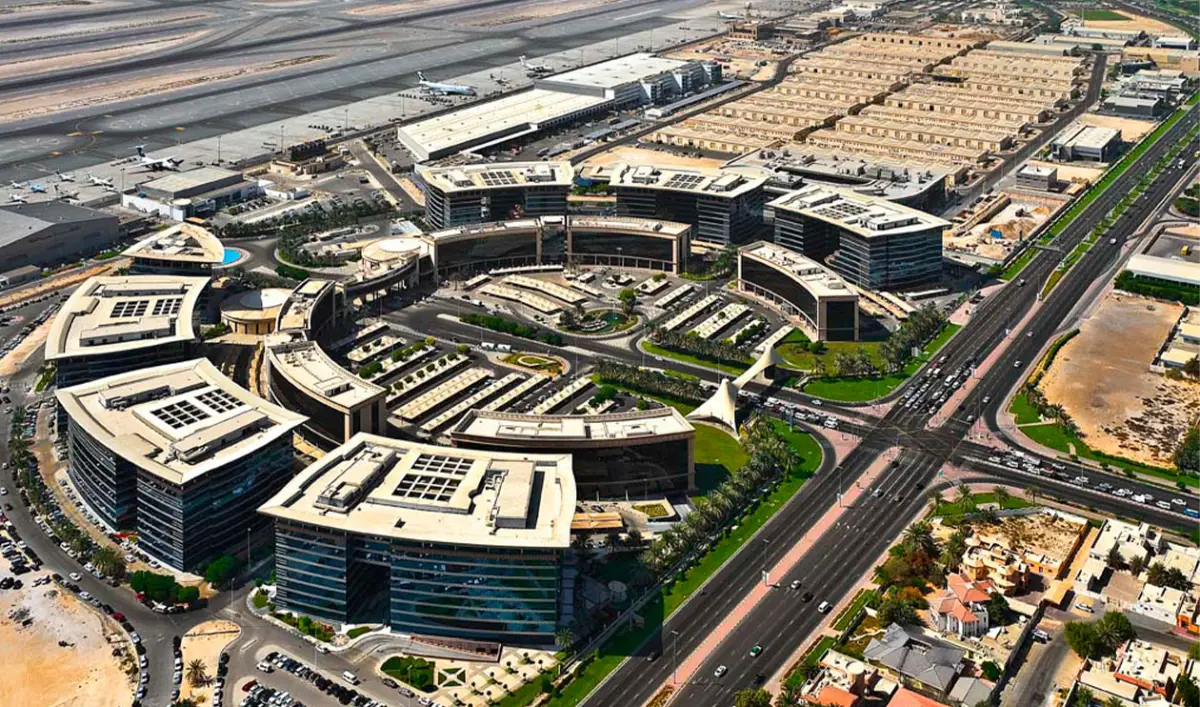
| Free Zone | Key Business Sectors |
| Dubai Airport Free Zone (DAFZA) | Logistics, trade, aviation, manufacturing |
| Dubai International Financial Centre (DIFC) | Financial services, banking, wealth management |
| Dubai Multi Commodities Centre (DMCC) | Commodities trading, precious metals, diamonds |
| Jebel Ali Free Zone (JAFZA) | Trade, logistics, manufacturing, petrochemicals |
| Dubai Media City (DMC) | Media production, publishing, advertising |
| Dubai Internet City (DIC) | Technology, IT, telecommunications |
| Dubai Silicon Oasis (DSO) | Technology, electronics, innovation |
| Dubai Science Park (DSP) | Life sciences, biotechnology, pharmaceuticals |
Low-Cost Economic Zones in the UAE: Ideal for Foreign Investors
The UAE is home to some of the world’s most prestigious economic zones and offers several low-cost options that are particularly appealing to startups and small businesses. These cost-effective zones allow emerging businesses to benefit from the same world-class amenities and strategic advantages as their larger counterparts but at a significantly reduced cost. The International Freezone Authority (IFZA) and Ras Al Khaimah Economic Free Zone (RAKE ong>) are standout examples of such environments.
International Freezone Authority (IFZA)
Located in Dubai, IFZA is becoming increasingly popular among international business owners due to its affordability and flexibility. It offers a variety of office solutions and warehouse facilities that cater to businesses of all sizes, particularly those just starting out.
IFZA stands out due to its simplified setup processes, with packages that include quick and easy registration and licensing, a wide range of business activities, and minimal requirement for physical presence. Additionally, IFZA does not require shareholders to be physically present in the UAE to incorporate their business, making it an attractive option for foreign entrepreneurs.
Also read it: Everything You Need to Know About Business Setup Consultants in Dubai
Ras Al Khaimah Economic Free Zone (RAKEZ)
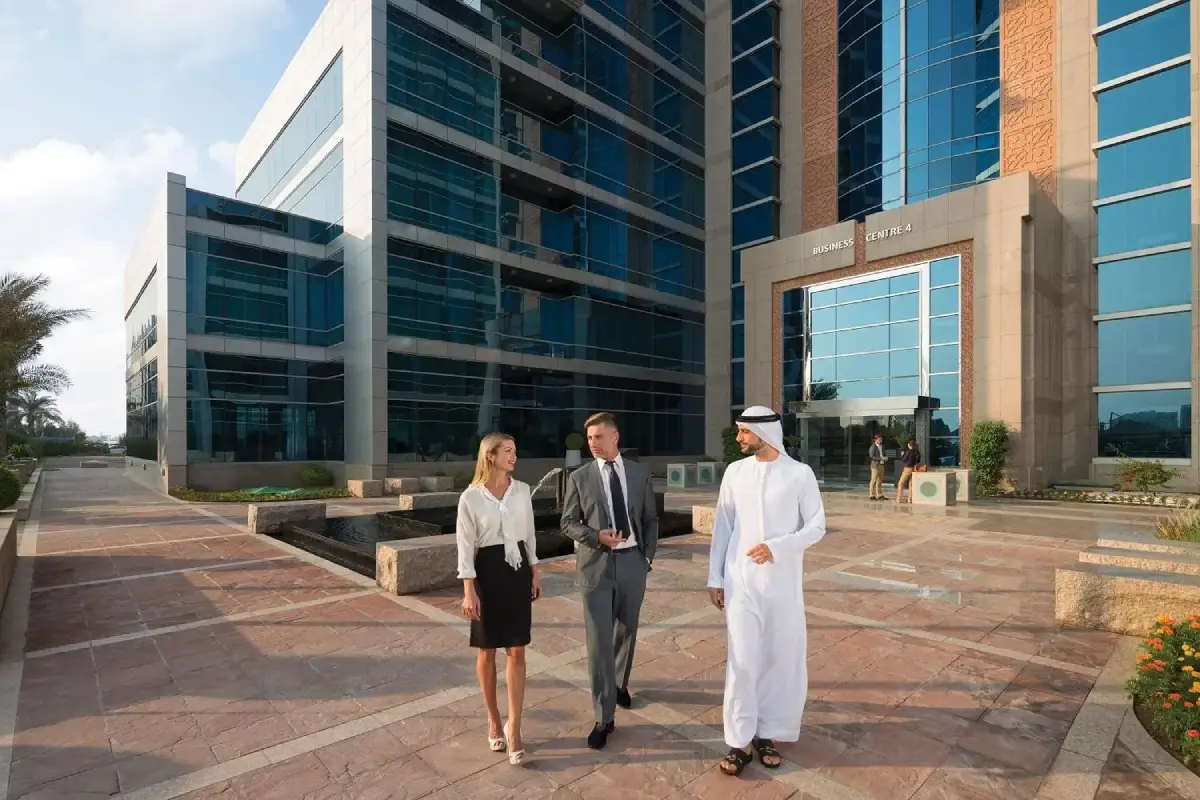
RAKEZ provides cost-effective, customizable solutions for various business sectors, including industrial, trading, and service-oriented enterprises. It is particularly noted for its low startup costs and attractive packages that include flexi-desk options, which are ideal for small businesses that do not require permanent physical office spaces.
RAKEZ also offers extensive support services such as assistance with visa applications, easy access to airport and seaport facilities, and various licenses for different business activities. Its commitment to supporting small to medium-sized enterprises is evident in its streamlined processes and reduced overhead requirements, making it a highly conducive environment for business growth.
Comparison of Top Free Zones in UAE
| Feature | Jebel Ali Free Zone (JAFZA) | Dubai Multi Commodities Centre (DMCC) |
| Key Focus | Trade, logistics, manufacturing | Commodities trading, precious metals, diamonds |
| Dubai free zone location | Dubai | Dubai |
| Major Companies | DP World, Nestle, Siemens | Trafigura, De Beers, Glencore |
| Plot Sizes | Diverse options, from warehouses to offices | Primarily offices and light manufacturing |
| Business Setup Cost | Relatively higher | Competitive rates |
| Licensing Options | A wide range of licenses is available | Focus on commodities trading licenses |
The Significance of Economic Zones in Sharjah’s Economy
Sharjah’s economic zones have played a pivotal role in diversifying its economy and attracting various industries, from manufacturing and healthcare to education and logistics. Zones like Sharjah Airport International Free Zone (SAIF Zone) and Hamriyah Free Zone are particularly notable for their comprehensive facilities and strategic geographic advantages.
These zones offer competitive incentives such as lower setup costs, flexible office solutions, and robust infrastructure, making Sharjah an attractive destination for both startups and established enterprises looking to expand in the Middle East and North Africa region.
Also read it: Sharjah Company Registration in 2024: Your Ultimate Guide to Business Startup UAE
Ras Al Khaimah’s Economic Zones: Opportunities and Benefits
Ras Al Khaimah Economic Zone (RAKEZ) offers investors a unique blend of advantages, including cost-effectiveness, strategic location, and a wide array of business licenses.
RAKEZ is known for its simplified business setup processes, accessibility to major logistical hubs, and provision of customized solutions that cater to SMEs and industrial companies alike. Investors benefit from scalability, connectivity to global markets through the Ras Al Khaimah International Airport and major seaports, and substantial cost savings on operations.
Economic Zones in Fujairah: Advantages for Investors
Fujairah’s economic zones are strategically positioned to leverage the emirate’s access to the world’s major shipping routes and its proximity to the Indian Ocean. The Fujairah Free Zone and the Fujairah Creative City offer a wide range of facilities and services designed to promote growth in sectors such as logistics, shipping, and creative industries.
These zones provide competitive advantages like cheaper land rates, state-of-the-art infrastructure, and access to a skilled workforce, making them ideal for businesses looking to optimize operational costs while expanding their market reach.
Ajman’s Economic Zones: Potential for Foreign Investments
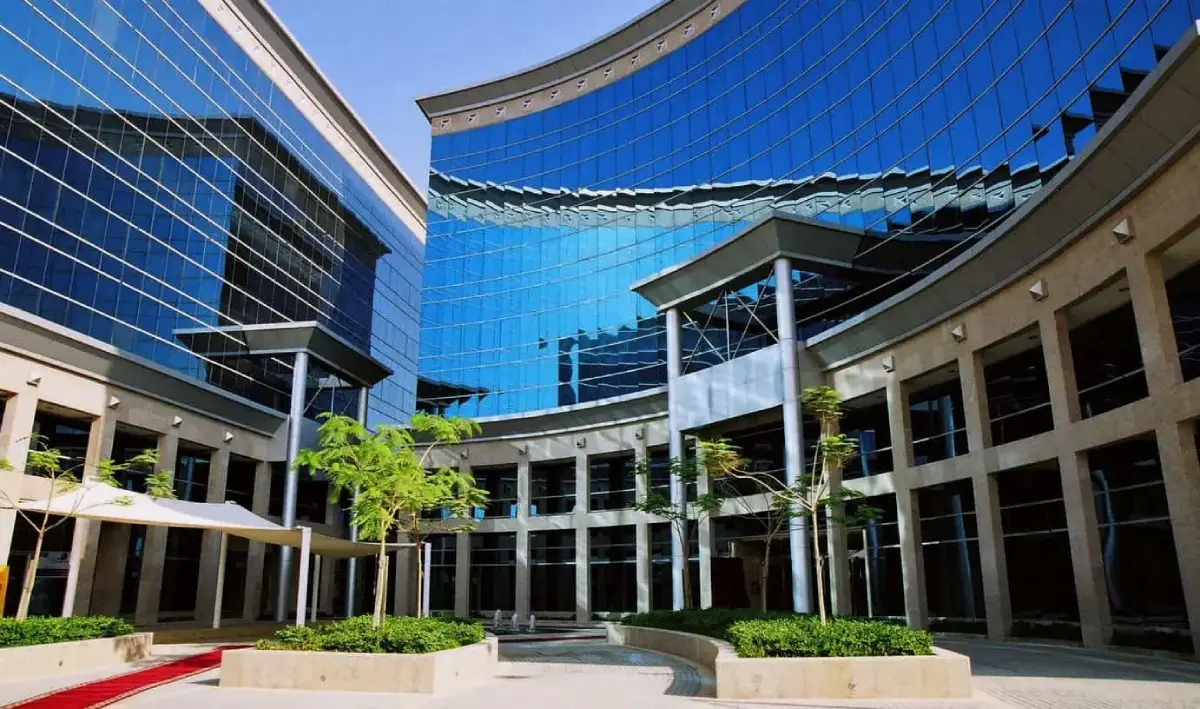
Ajman Free Zone (AFZ) attracts investors with its prime location, affordability, and investor-centric policies. It appeals to small and medium-sized enterprises due to its lower setup and operational costs.
AFZ offers tailored facilities such as smart offices for startups and warehousing solutions for trading and manufacturing companies. The zone also provides benefits like 100% foreign ownership, full repatriation of capital and profits, and exemption from all import and export duties, which bolster its attractiveness as an investment destination.
Umm Al Quwain’s Economic Zones: Exploring Investment Opportunities
Umm Al Quwain Free Trade Zone (UAQ FTZ) is an emerging economic zone known for its friendly investor environment and cost-effectiveness. Catering primarily to SMEs and micro-businesses, UAQ FTZ offers a variety of licensing options, minimal bureaucracy, and significant flexibility, making it an attractive option for startups and entrepreneurs.
Also read it: The Ultimate Guide to Launching Your Dubai Small Business in 2024
The zone’s benefits include easy access to major airports and seaports, no currency and profit repatriation restrictions, and competitive lease terms, which collectively create a compelling case for investment in this less-congested part of the UAE.
Conclusion
Throughout this exploration of UAE Economic Zones, we’ve unveiled how these zones bolster foreign investment through compelling incentives like 100% ownership and extensive tax exemptions. These strategically crafted zones support a vast range of activities, fostering significant growth in manufacturing, services, and export-import sectors, and are instrumental in diversifying the UAE’s economy. we discussed UAE FDI 2024, FDI in UAE in the country, and the best free zones in UAE.
They provide a competitive edge in global markets and ensure a state-of-the-art infrastructure for all businesses.
For those looking to expand their business horizons, Afdal set up a business group that invites you to discover more insights and detailed guides on our blog. Whether you’re seeking to start a new venture or expand an existing one, our comprehensive resources are designed to assist you every step of the way.
Engage with us in the comments or visit other blog posts to deepen your understanding of investment opportunities within the UAE Economic Zones.
FAQ
What is the top destination for foreign investors in the UAE? Answer: Dubai remains the top global destination, with 511 projects in H1 2023, attracting investments from the UK, India, the US, France, and Saudi Arabia.
What is the most prestigious free zone in the UAE? Answer: The DMCC Free Zone is globally recognized as the top free zone, offering an ideal platform for businesses aiming to enter the UAE market.
How much does it cost to open a Freezone company in Dubai? Answer: Dubai free zone company setup costs range from AED 10,000 to AED 30,000, varying based on factors like business size, license type, and zone.
Which free zone in the UAE offers the cheapest license?
Sharjah Media City (SHAMS) is the most budget-friendly option, with starting costs as low as AED 5,750, making it economical for entrepreneurs.
Can foreigners own 100% of their businesses in UAE-free zones?
Yes, expats can set up companies with 100% ownership in UAE-free zones, eliminating the need for a local partner and fostering a favorable investment environment.
What are the advantages of UAE Free Zones for foreign investors?
UAE Free Zones offer benefits like 100% foreign ownership, tax exemptions, fast setup procedures, developed business communities, and repatriation of capital and profits.
How can foreigners obtain UAE residency through investment?
Foreigners can secure UAE residency for ten years by investing AED 2,000,000+ in real estate within designated Freehold Zones, facilitating long-term residency.
What types of businesses can be started with $50,000 AED in Dubai?
With $50,000 AED, one can establish an e-commerce store, leveraging the rise of online shopping and focusing on niche markets for profitability.
What is the difference between a free zone and an offshore company in the UAE?
Unlike free zone companies, offshore companies in the UAE can’t have a physical presence, and mainland companies have no restrictions on business within the UAE.
Can Dubai free zone companies operate on the mainland?
Due to jurisdictional distinctions, Dubai free zone companies cannot conduct business on the mainland, maintaining separate regulations and limitations.

